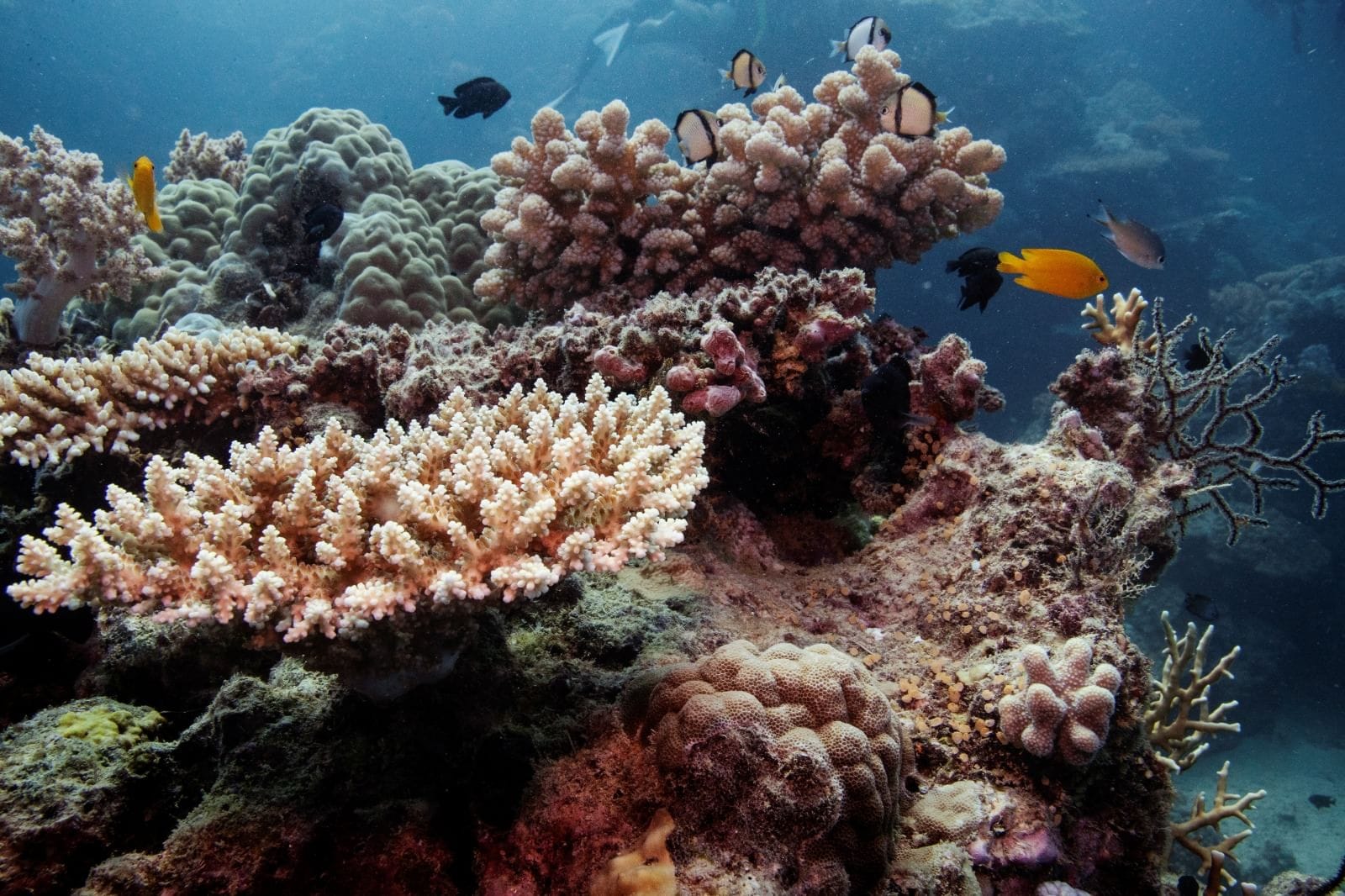In the past decade, a study found that the waters of the Great Barrier Reef were the hottest they've been in 400 years.

Ocean temperatures in the Great Barrier Reef reached their highest level in 400 years during the last decade, according to researchers. They warned that the reef is unlikely to survive if global warming is not halted, as reported by the Associated Press (AP).
Between 2016 and 2024, the Great Barrier Reef, which is the world's largest coral reef ecosystem and one of the most biodiverse, experienced mass coral bleaching events. This occurs when water temperatures become too high, causing corals to expel the algae that give them color and food, and sometimes leading to their death.
Earlier this year, aerial surveys of over 300 reefs in the area off Australia's northeast coast found bleaching in shallow water areas covering two-thirds of the reef, according to the Great Barrier Reef Marine Park Authority.
Researchers from Melbourne University and other Australian universities, in a paper published in the journal Nature, were able to compare recent ocean temperatures to historical ones by using coral skeleton samples from the Coral Sea to reconstruct sea surface temperature data from 1618 to 1995. They combined this with sea surface temperature data from 1900 to 2024.
They observed relatively stable temperatures before 1900, and a consistent warming trend from January to March from 1960 to 2024. During the five years of coral bleaching in the past decade — in 2016, 2017, 2020, 2022 and 2024 — temperatures in January and March were significantly higher than at any time since 1618, according to the researchers.
They utilized climate models to attribute the warming trend after 1900 to human-caused climate change. The only other year nearly as warm as the mass bleaching years in the past decade was 2004.
The Great Barrier Reef is an important economic resource for the region and serves as a natural barrier against severe tropical storms.
As more heat-tolerant coral replaces the less heat-tolerant species, concerns arise regarding the expected extreme loss in the number of species and reduction in the area covered by the world's largest reef.
